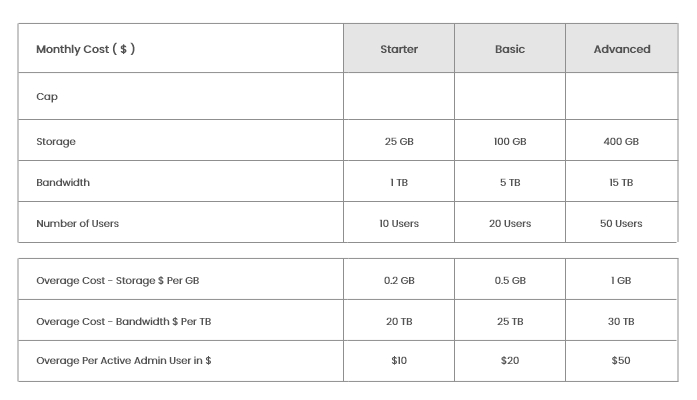



How AI can scale up the automation of SEO tasks
With automation, marketers may enhance their SEO strategies...
Neural networks, artificial intelligence, and machine learning are the current SEO industry buzzwords. The ability of these technologies to automate time-consuming operations at scale, which can result in more effective campaigns, has been recognized by marketers. However, many experts frequently struggle to differentiate between these ideas.
In his presentation at SMX Next, Eric Enge, president of Pilot Holding and a former principal of Perficient, stated that "artificial intelligence is fundamentally the word that characterizes the entire space." "That [AI] set around particular algorithms" includes machine learning as a subset.
Another technology utilized recently for SEO chores is natural language processing (NLP). It is mostly concerned with deciphering the meanings underlying human speech.
According to him, "NLP is about helping computers understand the language better just like a person would, down to the complexities of context."
Marketers would be wise to learn how to use the myriad of emerging technology in their campaigns. Here are three ways that AI and its subfields can scale the automation of SEO chores.
Customer's long-tail wants can be met by AI
Enge cited a Bloomreach study on consumer search engagement, which revealed that 82% of B2C shoppers' time is spent searching and exploring. This opens up a lot of potential for long-tail searches, which are more specialized and, as a result, frequently disregarded by marketers.
According to Enge, the primary goal of Bloomreach's own AI tool is to draw conclusions from this stage of the discovery process. It can pinpoint web content that is both underused and pertinent to users' long-tail queries.
According to him, AI enhances pages by providing more related pages that aren't already connected or even by potentially creating new pages to address long-tail demands and improve the user experience.
Based on these long-tail interests, marketers can employ AI systems to create more relevant sites. However, there are a few things to keep in mind.
Just be mindful not to add an excessive amount of new pages, Enge said. There are undoubtedly situations in which having too many pages might be detrimental. However, when used properly, this is incredibly successful.
AI can enable automatically generated content
Enge used the facts regarding the well-known AI language model GPT-3 to illustrate the technology's capacity for producing content. Although impressive, he pointed out how a system like this may spiral out of control if the right restrictions aren't in place.
He claimed that "they [AI systems] currently have no model of the real world." "They just have the information that was used for training. They can make incredibly bad blunders because they lack context and perspective, and their writing is subject to bias.
"The great thing about the web is that it has all of the information in the world on it, but the horrible thing about the web is that it also contains all of the false information," he continued.
The potential of AI systems is great despite their flaws. These technologies are always being improved, which can assist marketers in scaling content initiatives to satisfy client expectations.
Particularly GPT-3's capacity to produce material in a range of forms enables SEOs to concentrate more on optimization initiatives.
It can be used to produce new material, according to Enge. "To do it, you'll need to put in a lot of work and contribute a lot of knowledge. Depending on how well you write, it may or may not be cheaper than starting from scratch.
Deep learning can be used by AI to develop thematic authority
Your website is regarded as an authority on a particular issue if it has topical authority. Many SEOs consider this to be one of the most important criteria for boosting results, which explains why so many have taken use of AI's capabilities.
To demonstrate these deep learning abilities, Enge cited seoClarity, which employs the AI tool Content Fusion created to assist brands in writing with more authority: Using deep learning, Enge explained, "the approach is to discover entities and words that help you develop authority in a topic." Intent, entities, terms, and perhaps related subjects are extracted. After that, they use machine learning models tailored to your market niche.
Deep learning capabilities give marketers a greater understanding of the specialty of their brand, which they may utilize to improve their digital assets. Creating an automated deep learning system could provide them access to new data to assist them to show E-A-T (Expertise, Authoritativeness, Trustworthiness).
Each AI integration will have a different appearance, but each one has the ability to automate and improve your SEO processes.
There is a staggering amount of AI-related activity currently taking place, according to Enge. To keep up with the Google Update cycle for its search engine, Hocalwire CMS features a carefully curated collection of settings that are automatically updated. We provide mobile SEO implementation as part of our standard packages as a service to our clients. To learn how Hocalwire may assist in transforming your current codebase into a beautiful mobile experience, Schedule a Demo right away.

